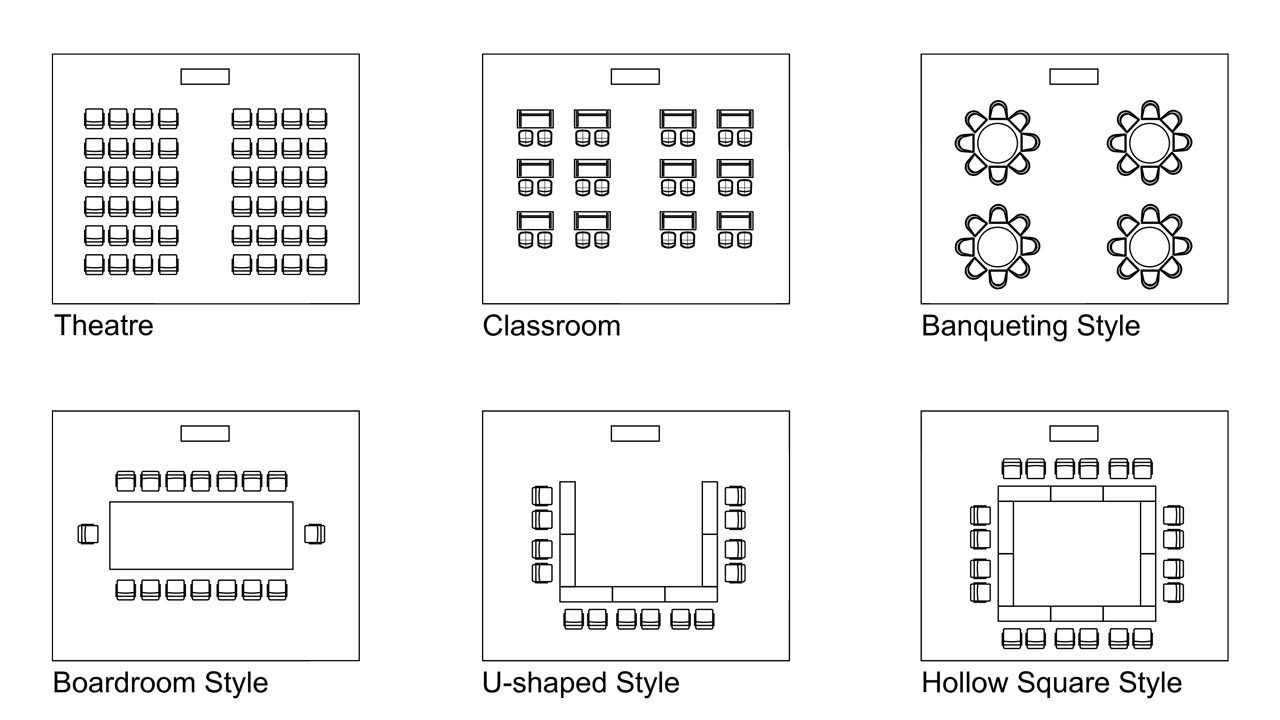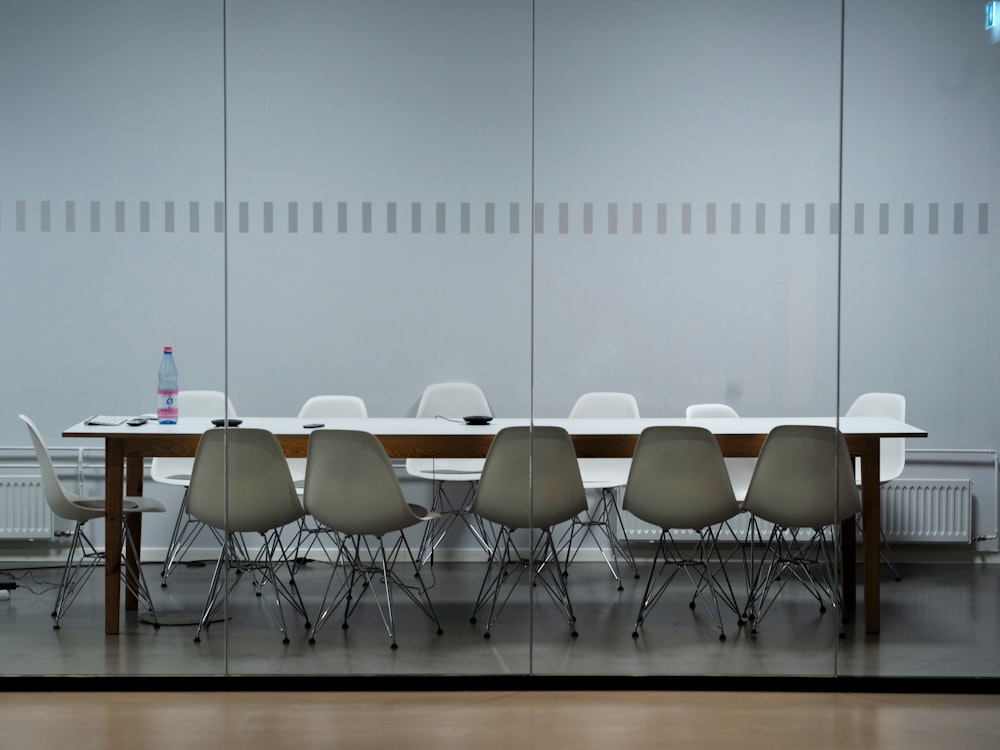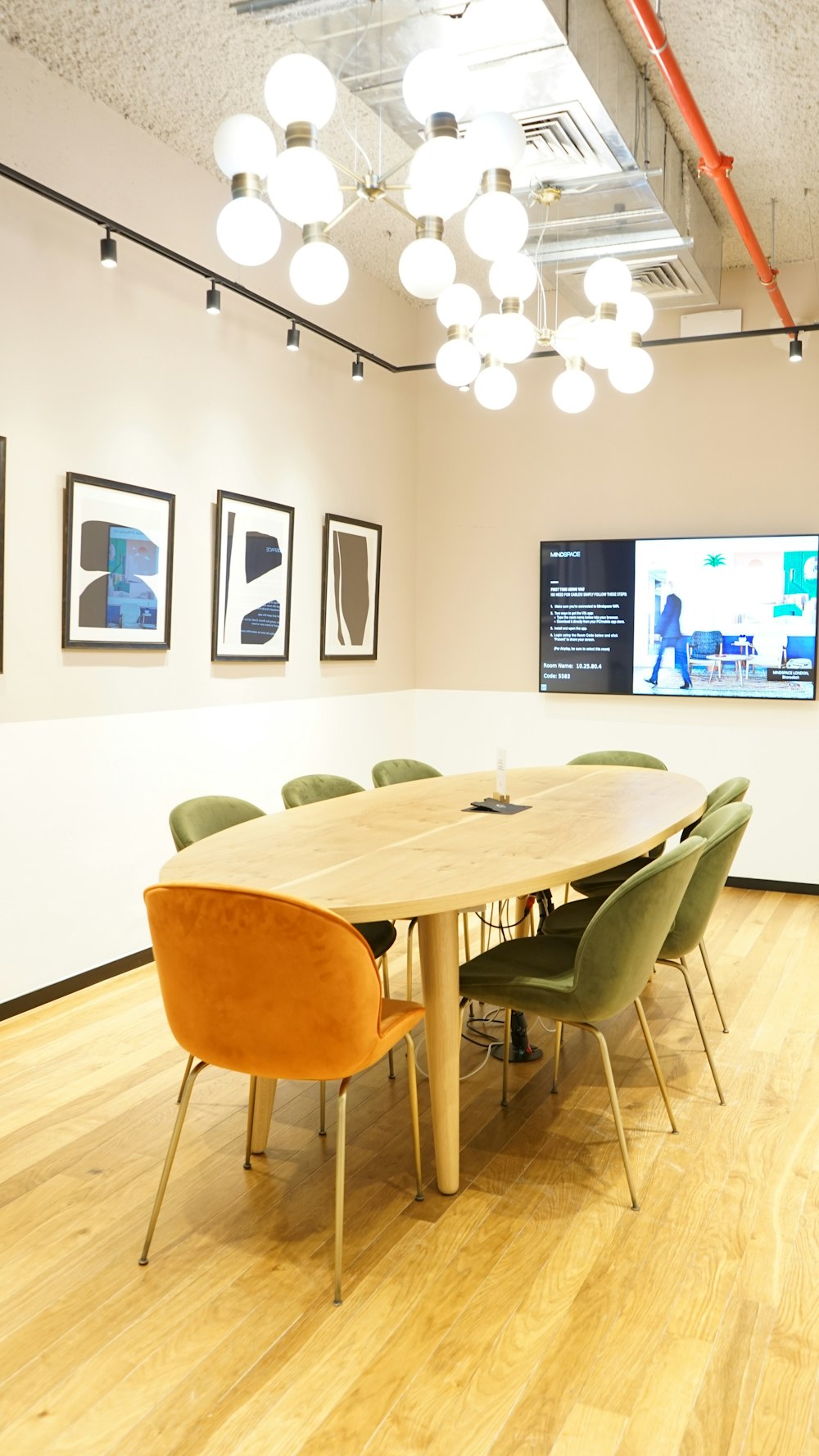Have you ever left a meeting feeling drained and unproductive? Ever wished that soul-sucking meeting could’ve been an email? While preparation, planning, and a skilled facilitator are essential, a hidden culprit can drain the energy from your meetings: the meeting room itself.
Just think about countless hours lost in rooms with blank walls, uncomfortable chairs, and harsh fluorescent lights —- does this spark creativity or inspire lively discussions? Unfortunately, traditional meeting rooms often fall short of creating an environment that fuels innovation and keeps employees engaged.
But what if meeting rooms could be more? What if your meeting space transformed from a dreaded time suck into a dynamic hub for innovation and productivity? The good news is, that with a strategic makeover, you can achieve just that. This guide will equip you with the knowledge and inspiration to create a space that fosters engagement, ignites creativity, and ultimately, boosts overall work satisfaction.
A Meeting Room Layout for Every Purpose

1. Brainstorming sessions: Hollow square
Ditch the boardroom table! Opt for a hollow square layout. This arrangement, with tables forming a large square or rectangle and a central open space, allows for eye contact across the group, encouraging active participation and a free flow of ideas.
In addition, invest in moveable furniture and arrange them in flexible configurations, with mobile chairs and tables that can be easily rearranged for brainstorming sessions, group discussions, or individual work.
2. Collaborative discussions: U-shape
The U-shape layout is your friend. Tables arranged in a horseshoe formation create a sense of focus while still allowing everyone to see each other and the presenter (usually positioned at the open end of the U). This is ideal for interactive workshops, training sessions, and discussions where active participation is key.
3. Engaging presentations: Theater-style
Sometimes, a classic layout works best. The traditional theater-style or classroom-style layout, with rows of chairs facing a central stage or projector screen, is perfect for large presentations or lectures where the focus needs to be on the speaker or visual aids.
Designing a Space that Inspires

4. Color psychology in action
Color psychology plays a role. Consider the mood you want to create – bright colors can energize, while calming tones can foster focus. Paint your walls accordingly and accentuate them with pops of color in furniture or artwork for added visual interest.
5. Decorations that motivate
Incorporate inspirational elements like quotes, murals, or artwork that reflect your company’s culture and values. Consider rotating the artwork periodically to keep the space fresh and stimulating.
6. Here comes the sun
Natural light is a proven mood booster. Maximize window space and consider skylights for a brighter, more inviting atmosphere. Biophilic design, incorporating plants and natural textures, has also been shown to enhance creativity and well-being.
Optimizing the Environment

7. Canvas for bright ideas
Utilize whiteboards or writable surfaces on entire walls to encourage free-flowing ideas and visual thinking. Consider installing movable partitions to create smaller, focused areas for team huddles.
8. Comfort is key
A meeting room that’s too hot or too cold becomes the center of attention, not the presentation. Ensure a comfortable temperature for optimal focus.
Additionally, invest in ergonomic furniture that provides back support and promotes good posture. Offer various seating options, including comfortable chairs, lounge seating, and even standing desks for those who prefer to work on their feet.
9. Limit distractions and sensory overload
Harsh lighting, excessive noise distractions, or an overly cluttered environment can lead to discomfort and fatigue. Invest in natural light if possible, consider soundproofing, and keep the space visually clean.
Tech Upgrades for a Tech-Savvy Workforce
10. Whiteboard reimagined
Swap the traditional whiteboard for a modern interactive whiteboard or digital display. This allows for real-time collaboration, easy content sharing, and the ability to save ideas for future reference.
11. Seamless connectivity
Ensure seamless connectivity with high-speed Wi-Fi and multiple charging points throughout the room. Consider installing a central hub with various adapter ports to easily connect laptops and other devices.
12. Video conferencing integration
For geographically dispersed teams, integrate high-quality video conferencing equipment. This allows for inclusive meetings and fosters a sense of connection despite physical distance.
Let There Be Fun

13. Huddle up zones
Furnish a corner with comfy armchairs, beanbags, or a small round table to create a casual “huddle” area. This is perfect for informal brainstorming sessions or small group discussions.
14. Employee input matters
To create a space that truly resonates with your team, involve them in the renovation process. Conduct surveys, host brainstorming sessions, and encourage them to share their needs and aspirations for the meeting room.
Remember, your meeting room is an investment in your company’s future. Make it a space that inspires and empowers your team to do their best work.
Author Bio: Carmina Natividad is a passionate writer for Meet in DCU, a unique conference venue in Dublin that is perfect for corporate meetings, conferences, seminars, and events. Writing articles about business and events is one thing she finds enjoyable, next to playing the piano.



